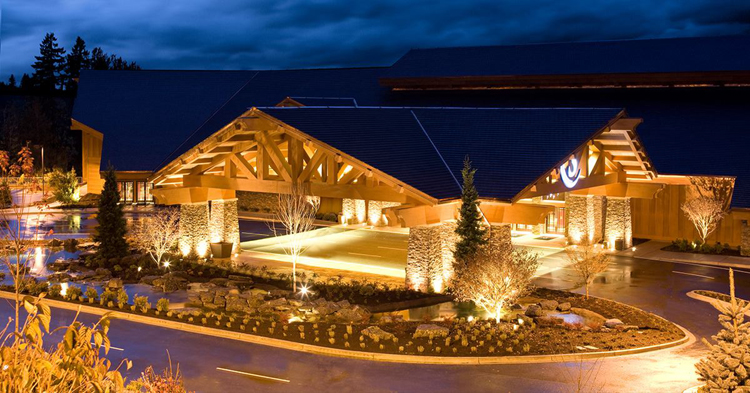The City of Snoqualmie in Washington State issued a press release last week in response to the racial discrimination suit filed in federal court on December 9 by the Snoqualmie Tribe alleging racial discrimination against city officials, according to Living Snoqualmie. In the news release the city said it was “surprised and disappointed” to learn of the suit, and denies the allegations.
According to the news release, the City was served with the suit five days after the tribe issued its press release announcing the lawsuit on December 15, 2015. The City Business communication also states that it’s unfortunate that the Snoqualmie Mayor, City Council Members, City Administrator, and Public Works Director are all named specifically in the suit when they shouldn’t have been. It goes on to state that one indication of the erred nature of the complaint names Brad Toft who is not a member of the Council, and therefore could not have been a part of the actions claimed in the lawsuit.
The City specifically denies that it discriminated against the tribe, terminated the tribe’s agreement to provide medical, fire, medical, emergency and sewer service to the Snoqualmie Tribe’s Casino, which does not expire until November 30, 2016, nor did it attempt to or act in violation of the tribe’s constitutional of federally protected rights.
The press release goes on to state that the tribe has other options to use as its casino’s provider of sewer treatment services, and that many tribes including the Tulalip, Nisqually, Skagit, and Grand Ronde Tribes do so. It states that the tribe’s own lawsuit makes note of the fact that the majority of land owners within the urban growth boundary and outside City of Snoqualmie limits address their own sewer needs through private septic systems.
The City claims it worked diligently with the tribe in an attempt to find a mutually beneficial, long-term solution regarding City sewer utility service to the tribe’s casino. And that over a two-year period the City requested numerous meetings with the tribe, but that those requests were either declined or unanswered. Another claim is that discussion of a long-term extension to the sewer agreement was also refused by the tribe. The tribe instead opted for a one-year extension, which the City agreed to and signed the extension document drafted by the tribe. The tribe itself attempted to terminate the emergency medical and fire services portion of the Services Agreement and in doing so breached a requirement of the Agreement, according to the news release.
The lawsuit is being reviewed by the City and as appropriate timelines allow will communicate actions or any further findings.



